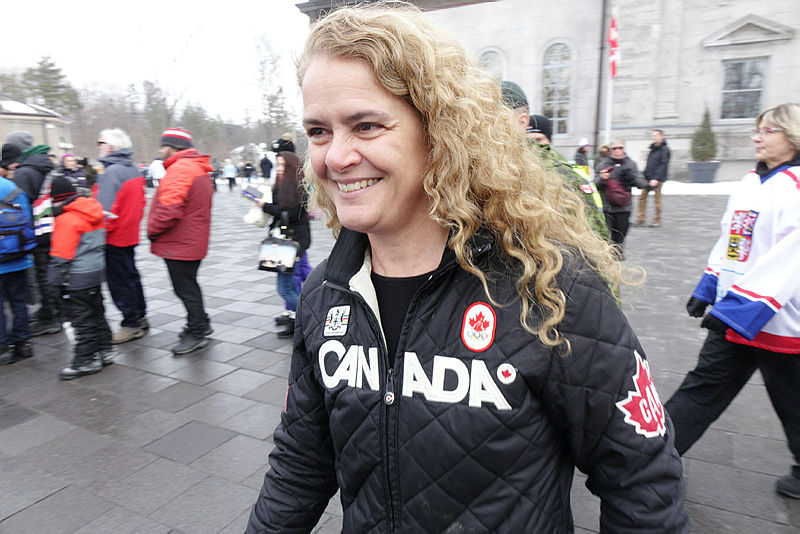- MONTREAL—It has been a rough year for Canada’s carceral system. COVID-19 has swept our prisons resulting in long periods of extreme isolation. Correctional Service

- MONTREAL—It has been a rough year for Canada’s carceral system. COVID-19 has swept our prisons resulting in long periods of extreme isolation. Correctional Service
- MONTREAL—It has been a rough year for Canada’s carceral system. COVID-19 has swept our prisons resulting in long periods of extreme isolation. Correctional Service





